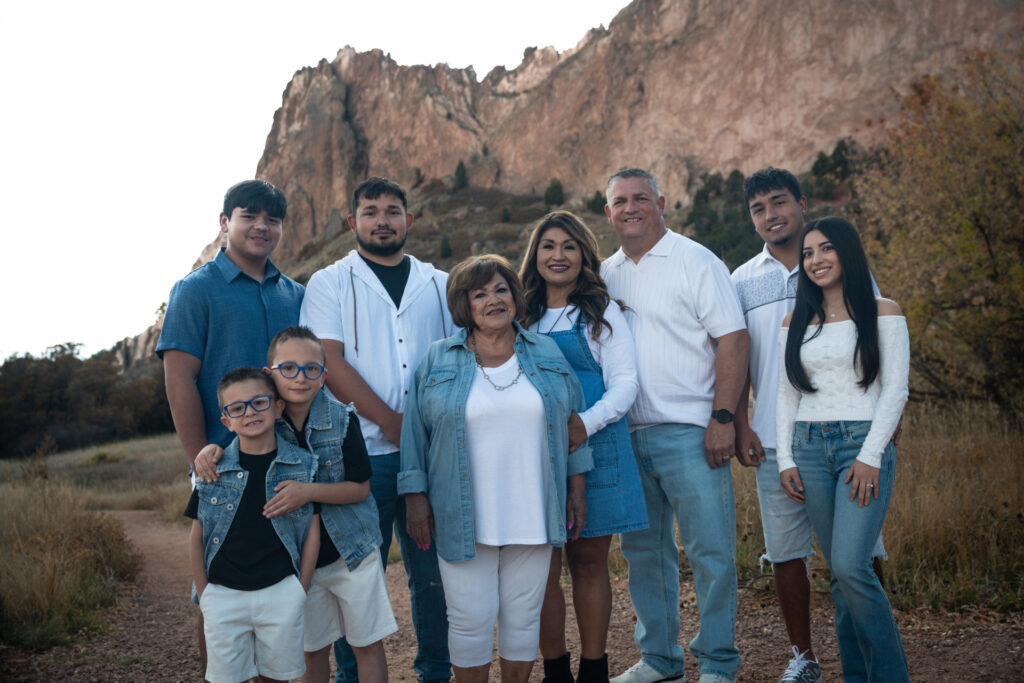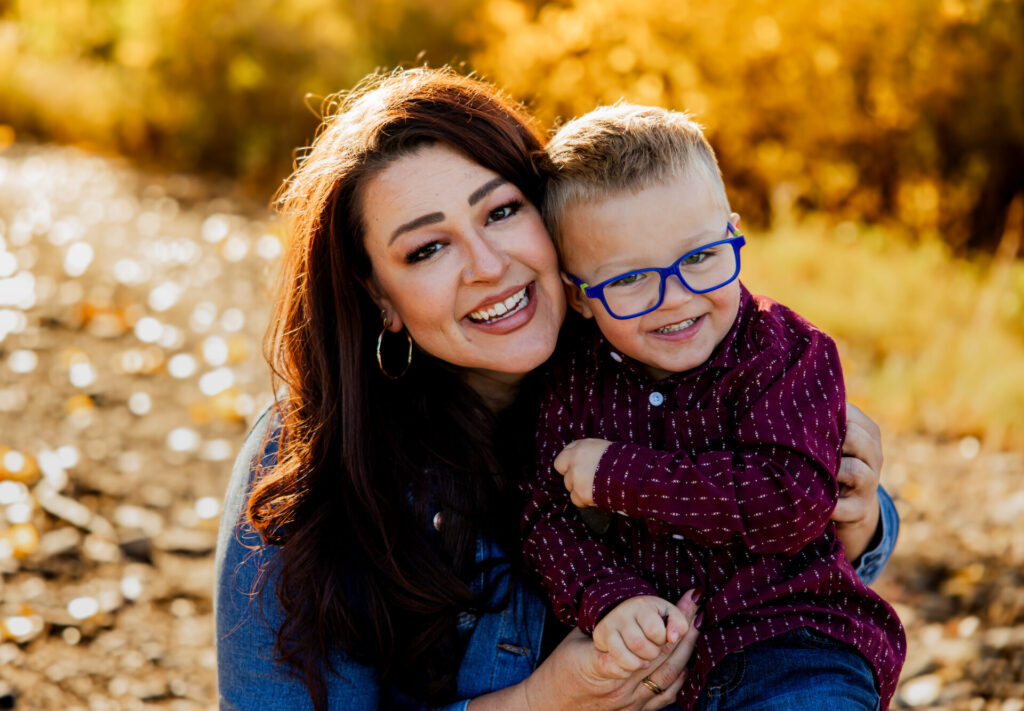Colorado CASA seeking volunteers to support kids in foster care

Helping to get a kid a bike and motivating them to do better in school or helping a young person learn life skills and figure out what type of career path they might want to pursue after high school are just a few of the ways Larry Atwell helps to advocate for the youth in his care. Larry is a Court Appointed Special Advocate (CASA) and has advocated for nine children and youth since 2008 by working with their teams of professionals to ensure they get all the support they need.
“Each kid gives you a different type of reward. It might be giving me a hug or saying, ‘Thank you or Larry, that was really cool, I had fun today.’ That’s what I work toward, taking their minds off some of the challenges they have at home and just letting them be a kid and have fun,” said Larry, who enjoys taking kids out of their environment and doing things they wouldn’t otherwise do like exploring nature or going to Copper Mountain.
Colorado’s CASA program has been around since 1990 and now serves 20 of Colorado’s 23 judicial districts and is present in 52 of Colorado’s 64 counties. Colorado currently has 1800 Casa volunteers serving 3,500 children and youth which is approximately one-third of dependency and neglect cases statewide. Each CASA volunteer is appointed by a judge to advocate for a child’s best interest in court and works with the professionals on the case to help the courts get a fuller picture of each child so they can make a well-informed decision.
“A CASA is someone who is super empathetic, objective, open-minded, a really good listener, a strong advocate, and super reliable and dedicated. Most importantly a CASA is someone who has a passion to serve children and families coming from hard places,” said Kristen Blessman, Interim State Executive Director at Colorado CASA.
To become a CASA a volunteer must be at least 21 years old and complete a background check and interview process. CASA volunteers also complete 30 to 40 hours of training with a curriculum that includes psychology, the foster care system, juvenile law, court structure, dynamics of abuse, how to build trust and rapport, volunteer safety as well as other training that may be tailored to the needs of local jurisdictions. CASA volunteers commit an average of four hours each week to the case and commit to stay with a dependency and neglect case until it closes.
“It’s pretty easy for working professionals and even young adults to be a really meaningful part of a child story as a volunteer,” said Kristen who also reiterated the need for more volunteers saying the organization especially needs more male volunteers and volunteers from diverse backgrounds. “They are there to keep the child’s best interest front and center before the judge all the time. There’s really nobody else in this whole process that’s designed to do that.”
CASAs are encouraged to take children out in the community to a museum, a park or a recreation center to spend time together to get to know one another and break down barriers to build trust. In many cases, it is especially meaningful to the child to have a supportive adult in their corner who isn’t being paid to be there. In addition to building a rapport with the child, CASAs also visit with teachers, parents, foster parents, and treatment facilities so they can gather as much information about the child to share with the court as possible.
“It is the best way to impact a child’s life and to give back,” said Larry. “I do this because I really enjoy children and I don’t have any of my own and it’s my way of giving back to my community and personally, it means a lot to me to help children get a different experience that they might not otherwise get from living in a city and not having the resources to get outside and play.”
To learn more about becoming a CASA volunteer in your community visit CASA’s website.
More Posts







